Since the time of its publication in 1924 E.M. Forster’s A Passage to India, often referred to as the novelist’s piece de resistance, has drawn marked critical attention, and the still growing analytical interest in this novel is a testimony of the author’s "Classic Status" established by Malcolm Bradbury. Forster always wished that a novel could be "something different — melody or perception of truth". In writing his own novels, specifically A Passage to India, Forster’s thrust was always on "Perception of Truth". A Passage to India broke new grounds in fiction in terms of its potent symbolic representation of the truth of human relationships as reflected in the equation between the Indians and the British during the times of the British regime in India. At one level of interpretation, A Passage to India is clearly about Anglo-Indians and Indians in British India but the complexities of meaning in the novel do not allow one to take so simplistic an approach and one needs to be wary of overemphasizing the socio-political aspects of the work. The present anthology of essays on the novel examines this almost intractable protean text from varied angles and perspectives. This book comprising exploratory compositions on the multifarious aspects of the novel by eminent academicians provides a whiff of fresh air and adds considerably to the already existent corpus of criticism on this representative work of E.M. Forester. The book will be highly useful to the students, teachers and researchers of English Literature particularly those interested in the study of E.M. Forster.
Sally Morgan’s My Place: A Critical Study
Out of stock

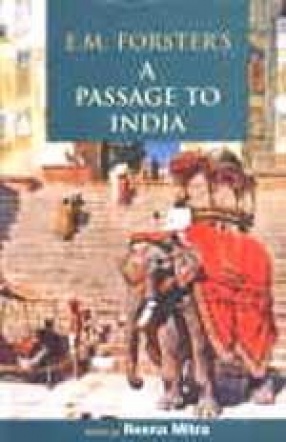
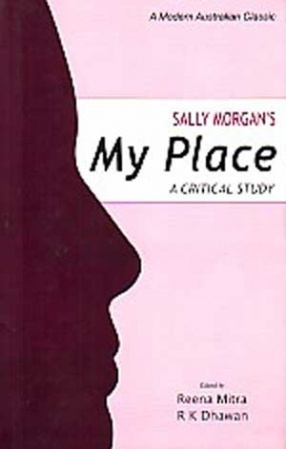
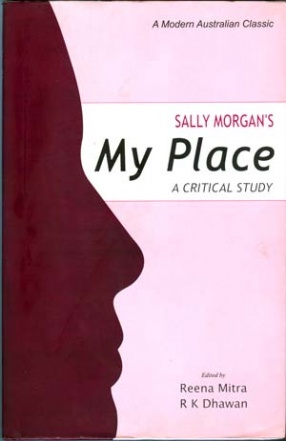
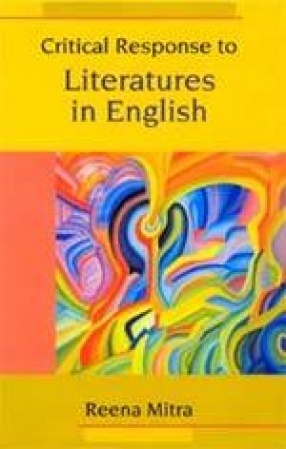
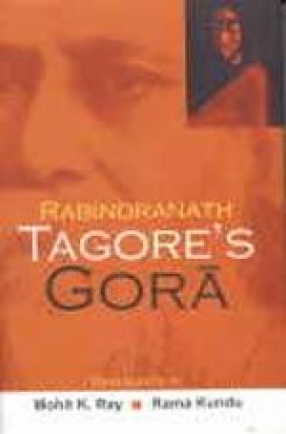
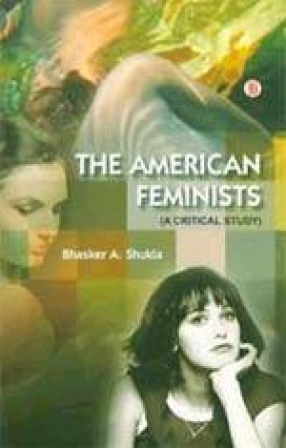

There are no reviews yet.